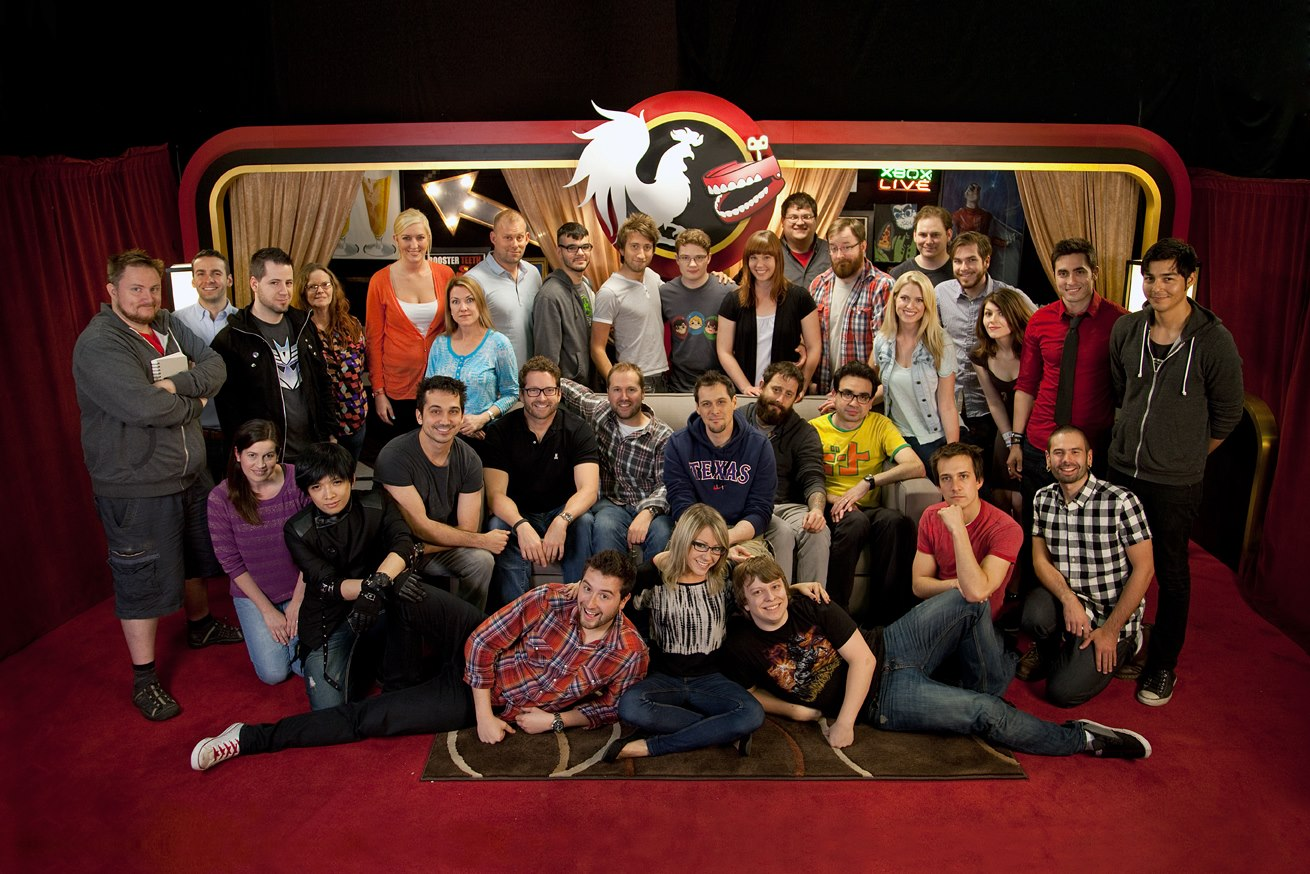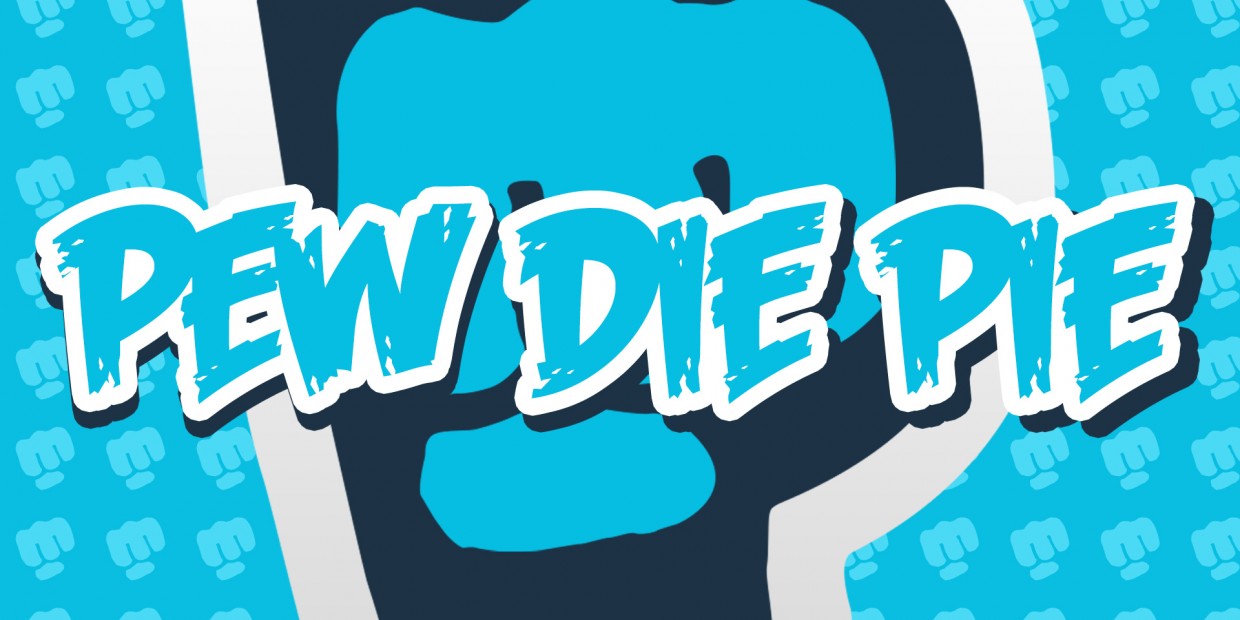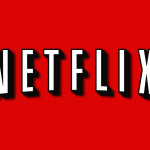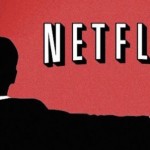By William Page
YouTube recently announced its new ‘YouTube Red’ subscription service providing a $9.99 ad-free service for people to watch music videos and shows.  Along with removing ads, subscribers will be able to save videos for offline viewing, and keep videos running in the background on mobile.
The site will also begin providing new exclusive content as part of the subscription service. Such content ranges from video-game inspired shows with YouTube’s biggest star, PewDiePie, to a feature-length comedy series from the creators of Rooster Teeth, a popular YouTube content company.
The launch of YouTube Red is a savvy move by Google as it is attempting to lock in its top content creators to the platform. In doing so, it is ensuring that it can retain the significant audiences the content creators have, rather than run the risk of such creators moving elsewhere. Revenue will be split up according to watch time, so creators with longer videos could benefit more than quick clip producers.
This, coupled together with the commissioning of exclusive content, are the first steps in YouTube moving towards competing directly with Netflix and Hulu in the licensing and commissioning of content online. YouTube’s approach will differ insofar as it’s likely to commission original shows based on existing YouTube stars like PewDiePie and the Fine Brothers rather than follow Netflix or Amazon’s approach of commissioning truly original content.

What has caused the most coverage, however, is not the nature of what YouTube is doing but the way in which it has communicated its plans with the content owners. YouTube offered the top content creators little choice in whether to agree to the terms of the subscription service. According to Techcrunch the content creators were told they could either accept the new terms or have their content taken down thereby losing out on the previous ad revenue and the connection with their fans.
Another thing that has upset content creators is the comparatively small percentage of revenue YouTube is agreeing to give content owners. It looks like YouTube will pay its creators just 55%, which compares very poorly to the corresponding shares paid by Spotify (70%) and Apple Music (71.5%). This is a worrying precedent as it shows the strength of the platform in setting its own terms and raises alarm bells about its potential power to alter deals in the future if it wants to.
The way in which YouTube has communicated this new service and what some could perceive as ‘bullying’ tactics used by the internet giant is a worrying sign for the lack of care the platform gives to content creators. It marks an ominous shift from the democratic spirit that helped make YouTube the go-to video platform in the first place. A better approach by YouTube would have been for it to have taken a more conciliatory approach to discussions with the content creators, allowing them to stay with their existing ad based or ad-free based approach if they wanted.






